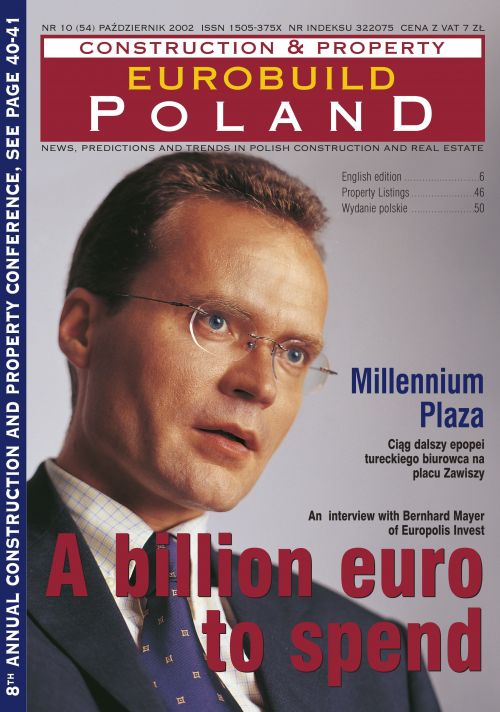The Supreme Court, in its judgement of 7 October 1999 (I
CKN 262/98) examined the problem of settling a reciprocal contract and also
dealt with the issue of deposits in this context. The thesis presented by
the Court was very categorical: the amount handed to the contracting party
after the conclusion of an agreement cannot be deemed to be the amount paid
on account of a deposit.
A number of serious legal and actual consequences arises
from this lapidary statement and not all of them have been thoroughly analysed
by the Supreme Court. The method chosen of treating the deposit and its
legal character considerably affects the content of concluded agreements,
particularly those concerning the transfer of either property titles or perpetual
usufruct to real estate.
A strong guarantee
In order to understand it fully, we have to look closely at the institution
of the deposit as such, as well as the economic functions served by it.
Article 394 of the Civil Code contains the




























































